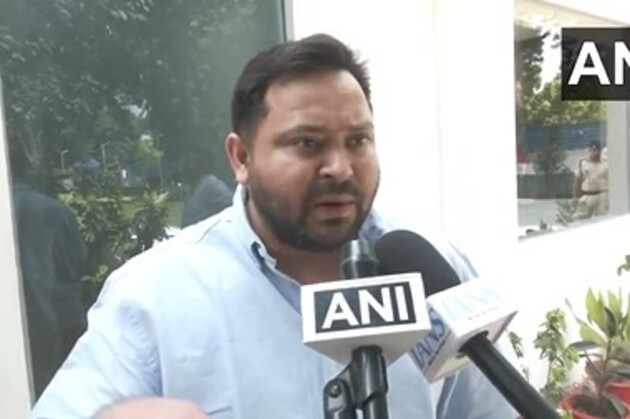
Yadav’s comment targeted reports suggesting Special Intensive Revision in Bihar had flagged names of voters from Bangladesh, Nepal and Myanmar. He compared the anonymous “sources” behind those claims to waste, casting doubt on the Election Commission’s assertion and asserting its work was politically influenced. Jaiswal countered that such rhetoric reflected poor education and blind parroting of talking points, calling for a public apology and even a pledge never to speak beyond his understanding.
The dispute highlights growing tensions as the SIR process gears up ahead of this year’s Bihar Assembly election. Carrying out voter‐list scrutiny in each district, the EC aims to eliminate non‑eligible voters by August, including those with questionable documentation. It is preparing to publish the revised lists by 30 September, excluding any potentially ineligible names.
Yadav added that the last full SIR occurred in 2003 under the UPA government and pointed out that subsequent elections—including those in 2014, 2019 and 2024—had seen the NDA lose by several lakh votes. He suggested these results challenged claims of foreign voter influx benefiting the current dispensation. He also faulted the persistent NDA rule in Bihar since 2005, including Union Home Ministers and Prime Ministers Modi and Shah, for any electoral irregularities.
The BJP maintains that Yadav’s comments constitute an attack on media integrity and voter confidence. Jaiswal asserted that defaming “sources” without clarification risks eroding public trust in democratic institutions. He said: “Only Tejashwi Yadav can make such comments … he is not educated, which is why the people at his home make him memorise whatever they want”.
Political analysts say the confrontation reflects deeper anxieties. With Bihar poised as a key battleground in the 2025 electoral cycle, allegations around voter‐list manipulation and EC bias are expected to intensify. The RJD, leading a broad anti‐NDA coalition, is seeking to rally its base by pointing to institutional overreach and rural disenfranchisement. The BJP, in turn, is defending the EC’s neutral mandate and stressing procedural integrity.
Independent election experts warn such language could undermine public faith. Dr. Meera Tandon, election analyst at Patna University, noted that while transparency in the SIR process is vital, dismissing evidence as “urine” without engaging substantively risks polarising discourse. She stressed that parties should allow field verification and judicial review to resolve discrepancies, rather than resorting to inflammatory rhetoric.
Meanwhile, the EC continues its door‑to‑door verification. Over 4.66 crore enumeration forms have already been digitised on ECINet by booth‑level officers. Any names flagged during the process will be formally invalidated ahead of the final roll.
As both sides escalate, public debate now centres on what constitutes reliable “source” material. Favor and credibility will likely hinge on how transparently the EC handles flagged names, and whether the SIR process withstands political scrutiny without handing opponents new grounds for challenge.
With campaigning intensifying and Bihar’s political temperature rising, this exchange may mark the opening salvo in a more contested phase of voter validation ahead of the Assembly polls.
